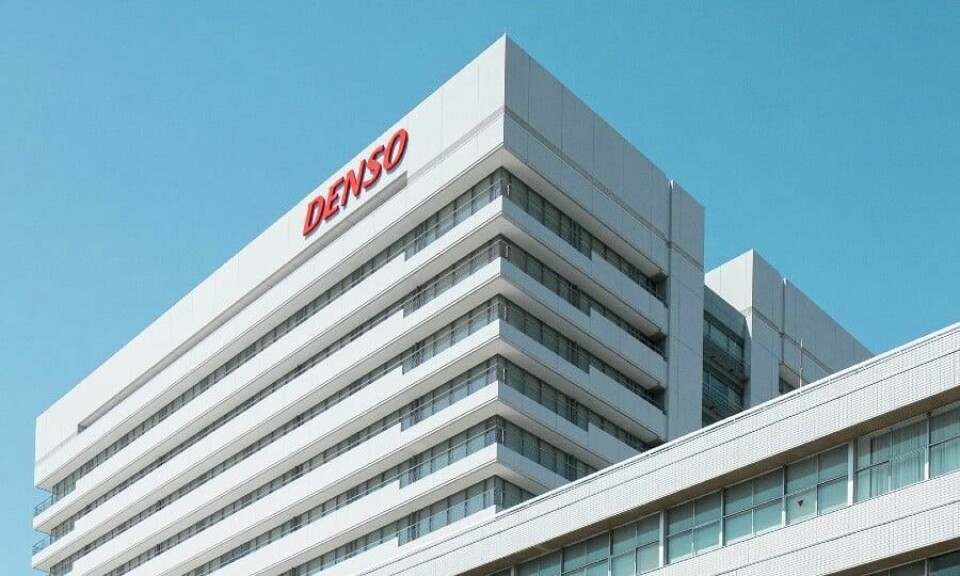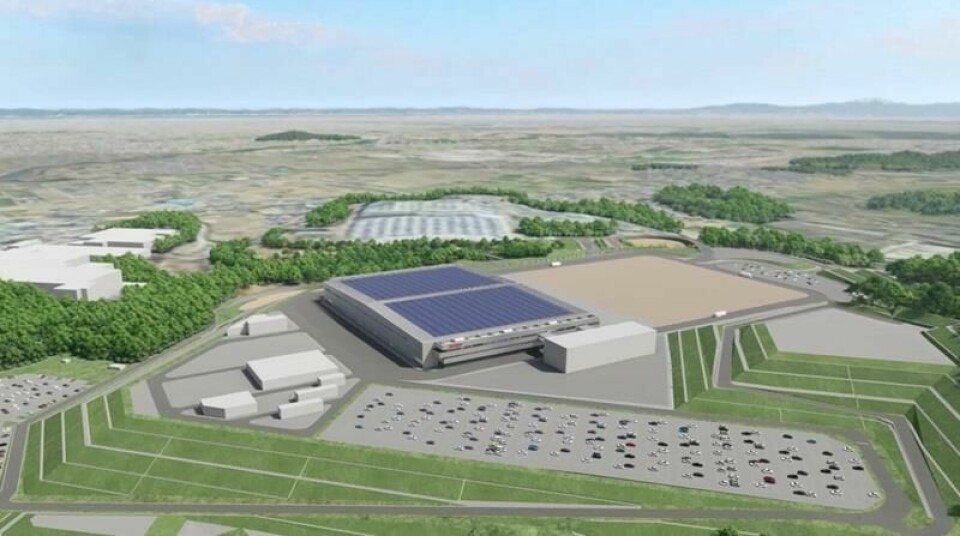Denso expands electrification-focused inverter line and sustainable digital production
Denso is bolstering its position in the electrification market with the launch of inverter production at Denso Fukushima. Simultaneously, the company has unveiled plans for a next-generation, fully automated plant at Zenmyo, set to modernise ECU production with 24-hour unmanned operation and sustainable energy use.

Denso Corporation, a leader in automotive technology, has made significant strides in expanding its electrification production capabilities and enhancing its manufacturing processes. The projects highlight the company’s drive to become a ”Tier 1 supplier that supports a mobility-centred society”, and its aspirations to position itself as one of the key players in the automotive industry’s transition towards sustainability and technological innovation.
Denso Fukushima strengthens inverter production for electrification
On September 5, 2024, Denso announced the launch of inverter production at its Fukushima plant, expanding its footprint in the electrification market. Denso Fukushima, historically focused on automotive thermal products and fuel system components, has now established a dedicated production line for inverters.
Globally, Denso manufactures inverters at eight plants across North America, Europe, and China
The move is part of Denso’s broader strategy to meet the growing demand for electrification products, which are vital for the industry’s shift towards sustainable mobility solutions.
Inverters, which Denso began producing in 1997, are critical for automotive electrification. The company’s expertise in this field has allowed it to secure the largest share of the global automotive inverter market. With the addition of Denso Fukushima, the company now produces inverters across three plants in Japan, complementing its existing facilities in Hirose and Anjo.
Globally, Denso manufactures inverters at eight plants across North America, Europe, and China, ensuring that it can quickly and flexibly respond to rising demand for electrification components worldwide.
Denso’s vision for the Zenmyo plant includes a fully automated, 24-hour unmanned production system, driven by digital twin technology
By increasing production capacity for inverters, Denso reinforces its commitment to supporting a carbon-neutral society, ensuring its competitiveness in the electrification space, and contributing to a more sustainable future for mobility.
The Zenmyo plant pioneers sustainable, digital, next-gen manufacturing
Just days after announcing the expansion of inverter production, Denso revealed plans on September 9, 2024, to build a new state-of-the-art facility at its Zenmyo Plant in Aichi Prefecture. The next-generation plant, set for completion in 2027, represents Denso’s bold vision for the future of manufacturing. With an investment of 69 billion yen, ($481.5 million), the plant will focus on producing large-scale integrated electronic control units (ECUs), which are essential for the control of electrification and advanced driver assistance systems (ADAS) in vehicles.

What sets the new Zenmyo facility apart is its incorporation of advanced digital and automation technologies from the planning stage. Denso’s vision includes a fully automated, 24-hour unmanned production system, driven by digital twin technology, which creates a virtual replica of the plant for continuous improvement and process optimisation. By leveraging this digital infrastructure, Denso aims to significantly enhance production efficiency, reduce lead times, and ensure rapid adaptation to changes in product demand.
The plant will also be environmentally sustainable, utilising solar panels and hydrogen for power generation, contributing to Denso’s goal of creating carbon-neutral manufacturing facilities.
Denso’s unified vision for the future of mobility
The simultaneous expansion of Denso’s production capabilities in inverters and ECUs illustrates the company’s cohesive strategy to lead the industry in both electrification and advanced manufacturing. The launch of inverter production at Denso Fukushima strengthens the company’s foothold in the electrification market, while the development of the next-generation Zenmyo Plant showcases its commitment to pioneering innovative manufacturing solutions.
Through these initiatives, Denso is positioning itself to meet the evolving needs of a mobility-centred society, where electrification, automation, and digitalisation will play critical roles in shaping the future of transportation.


